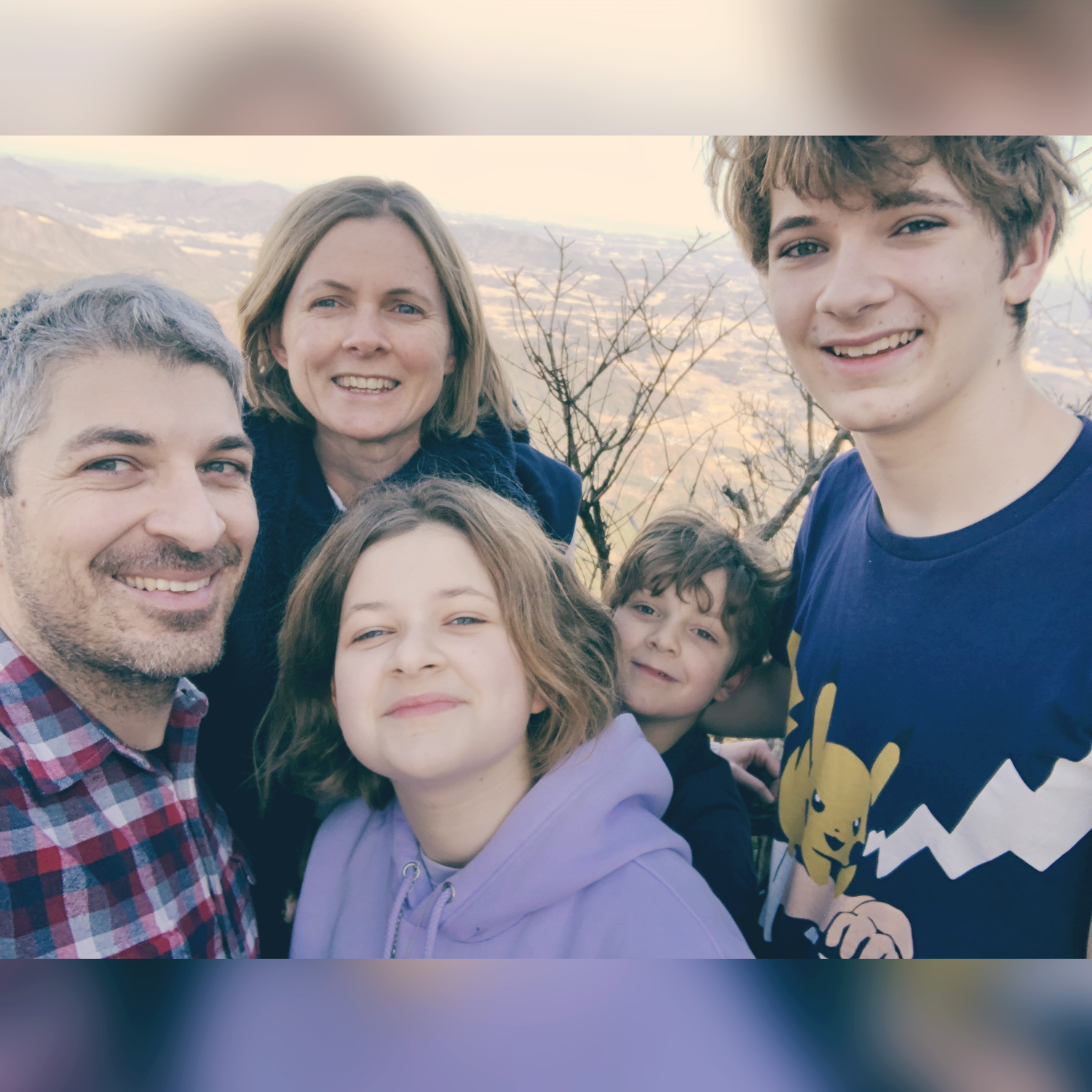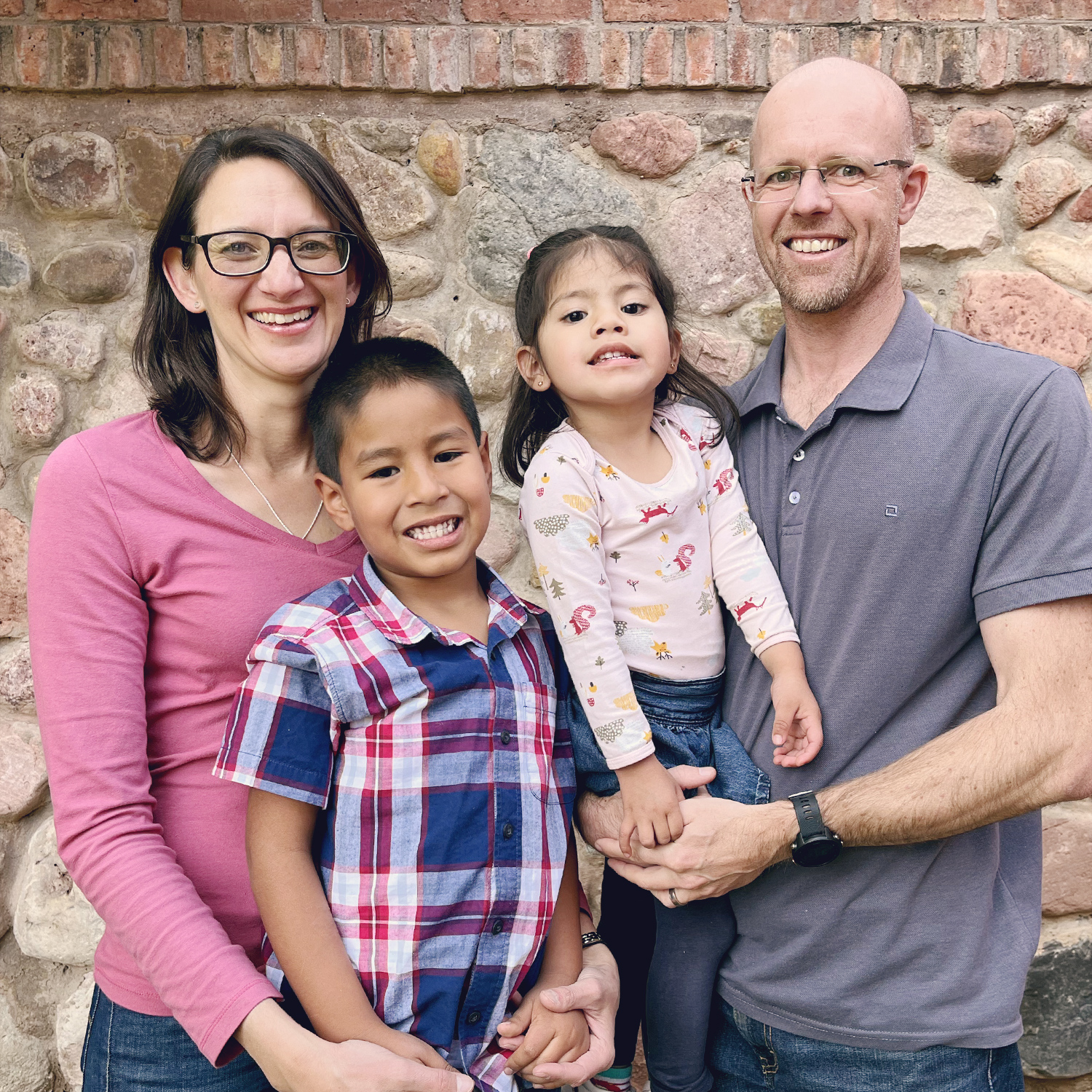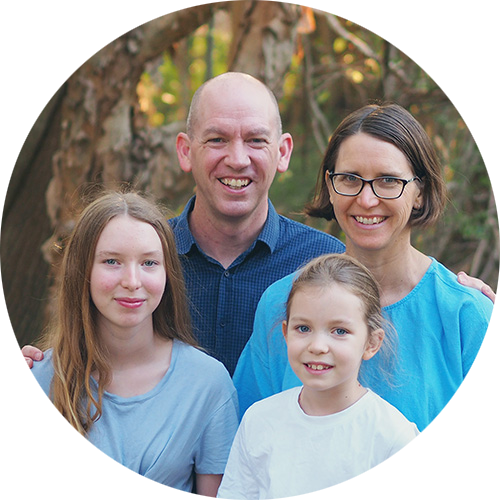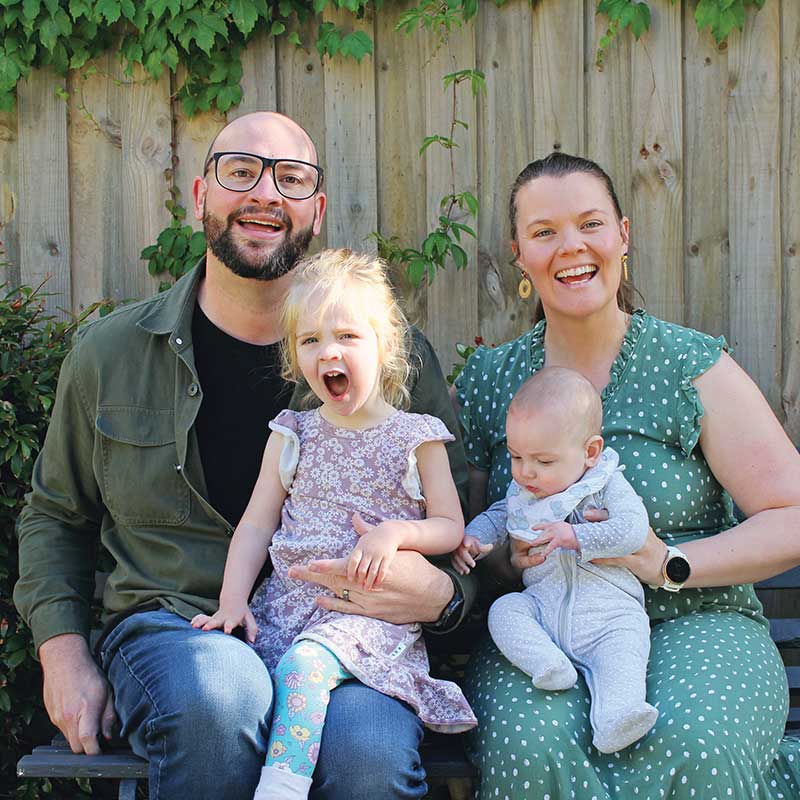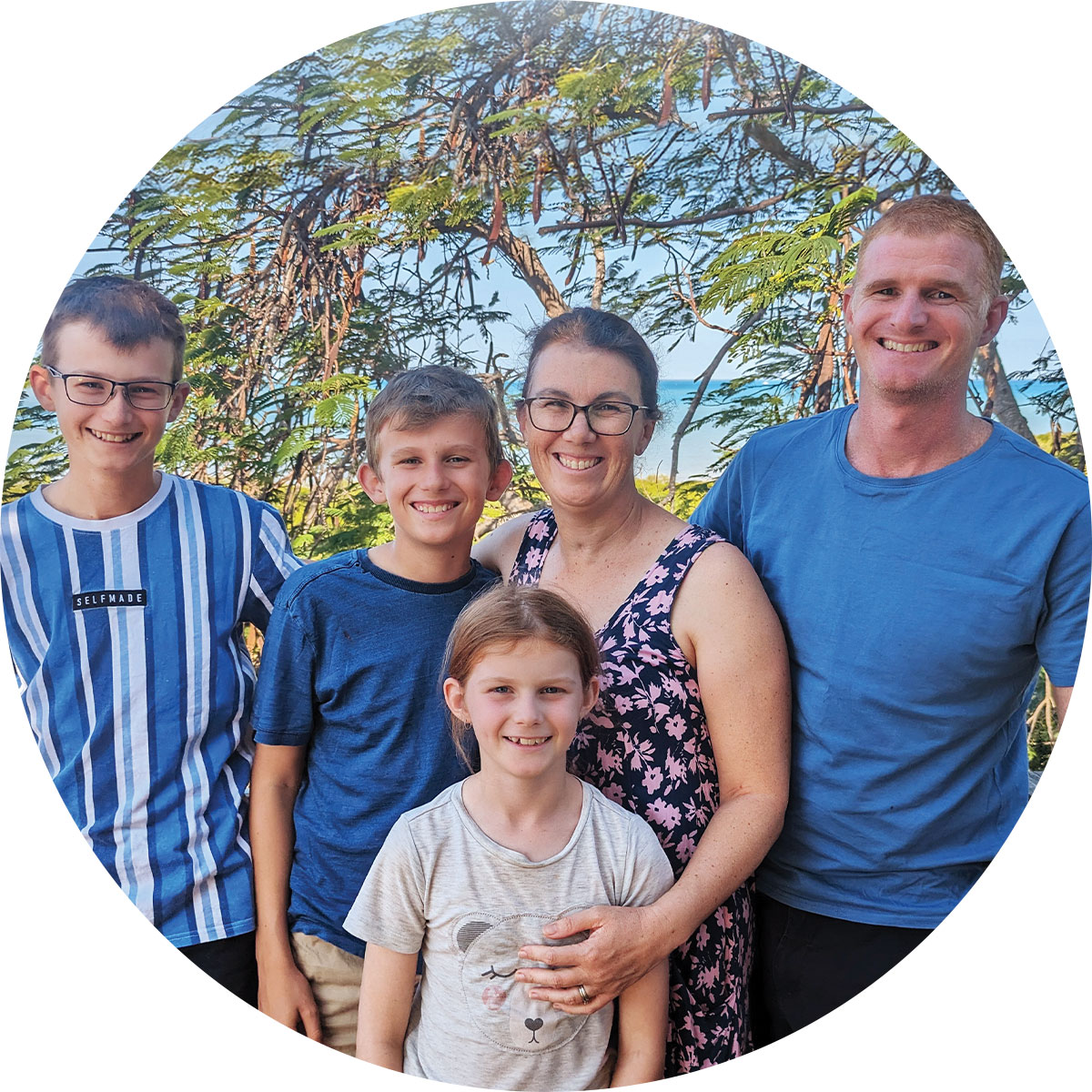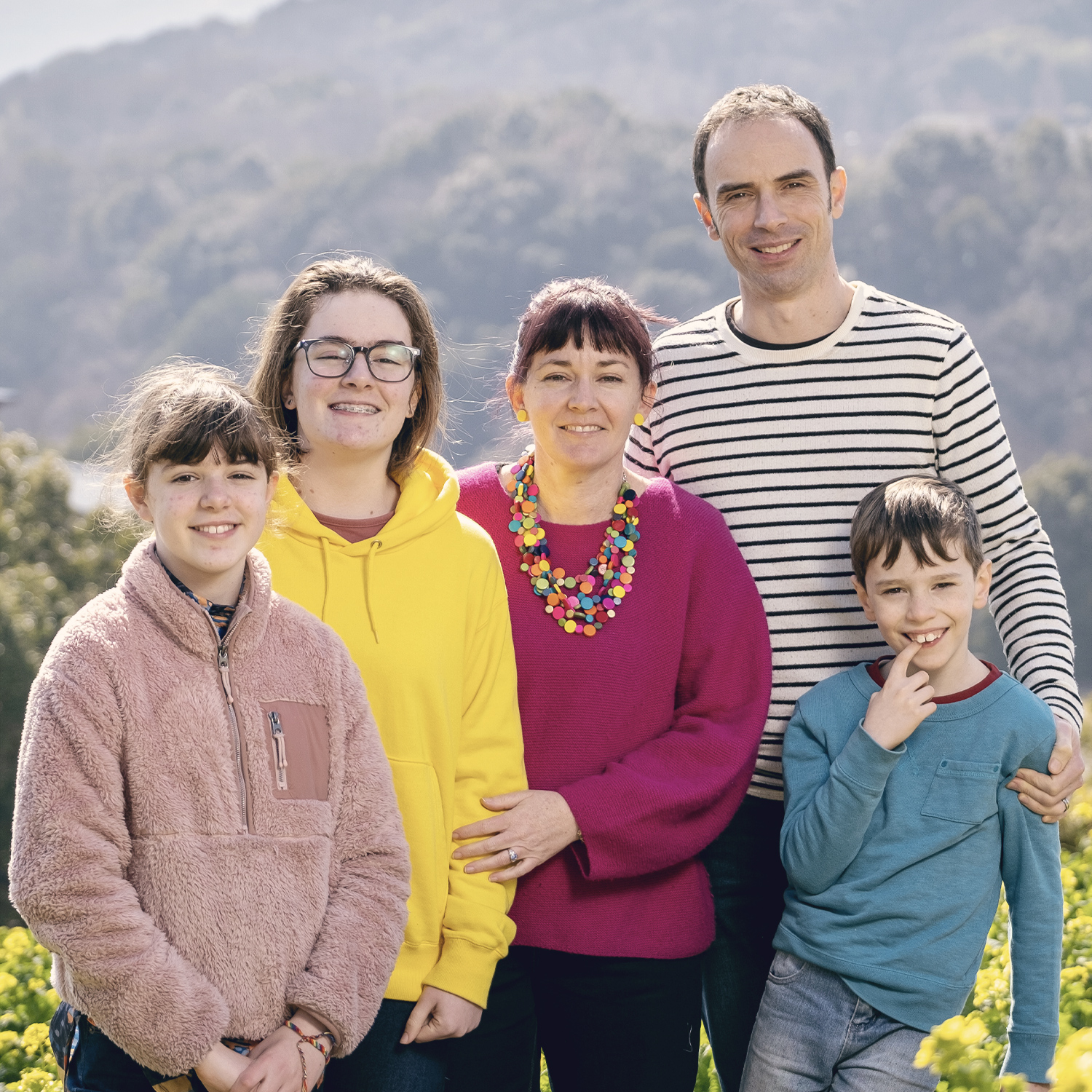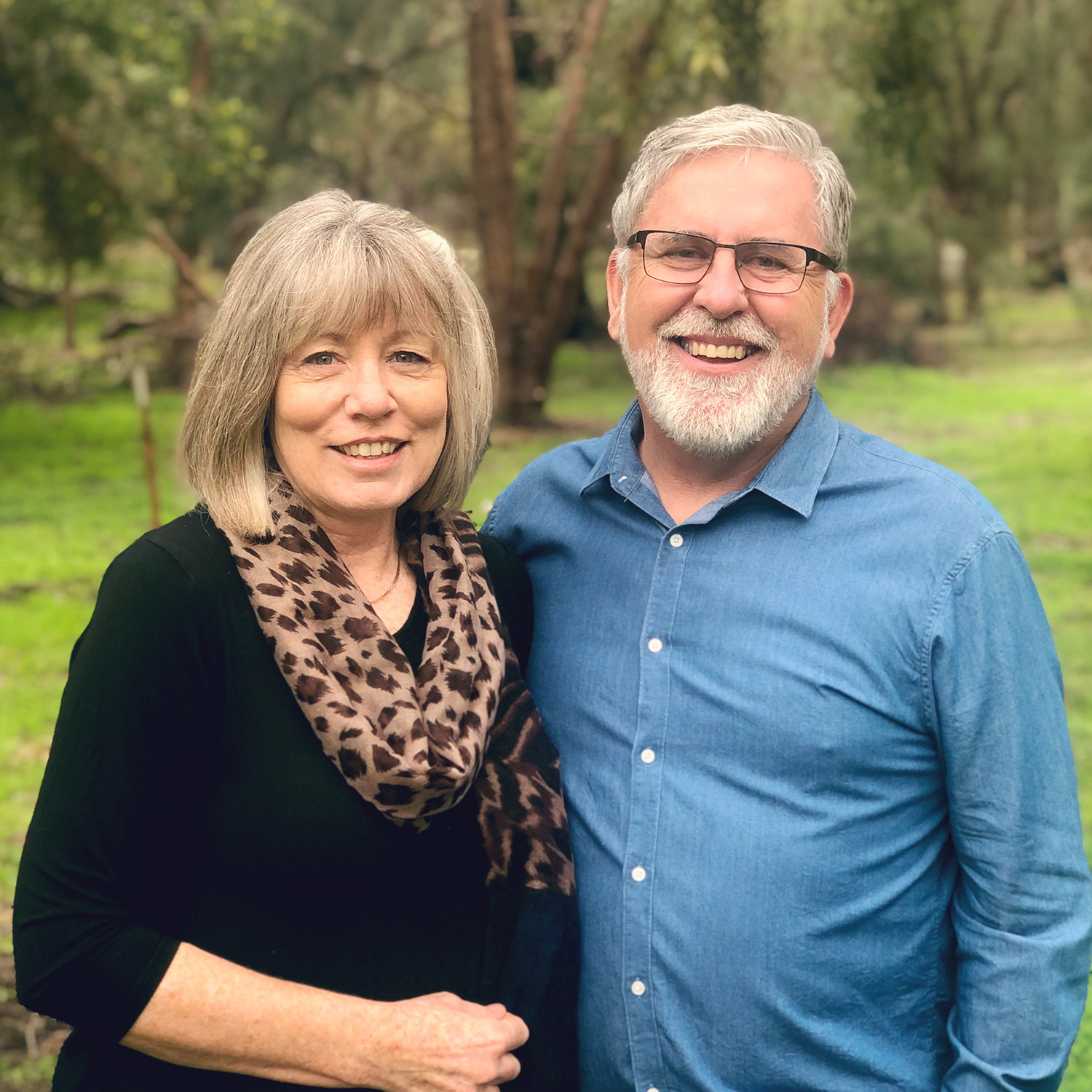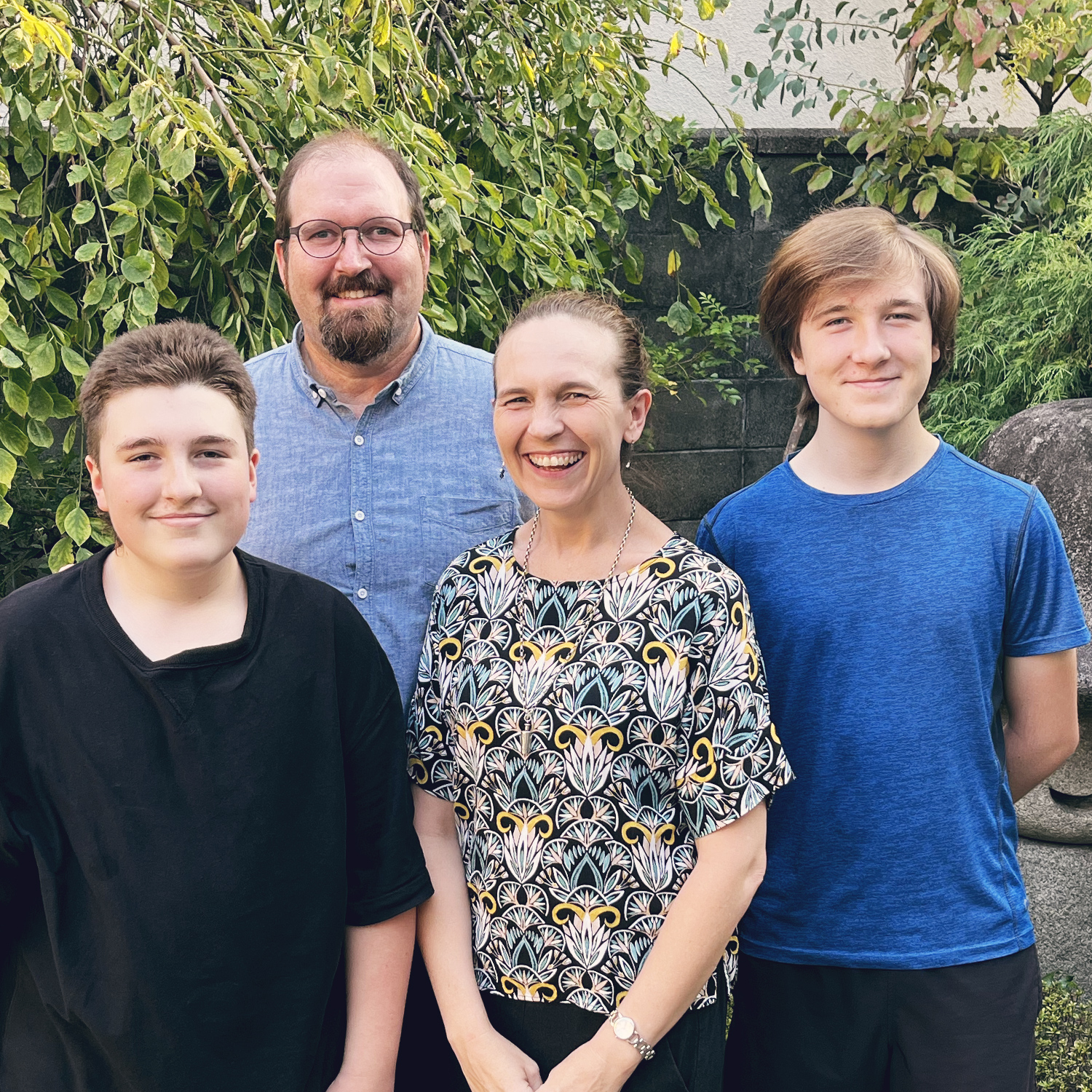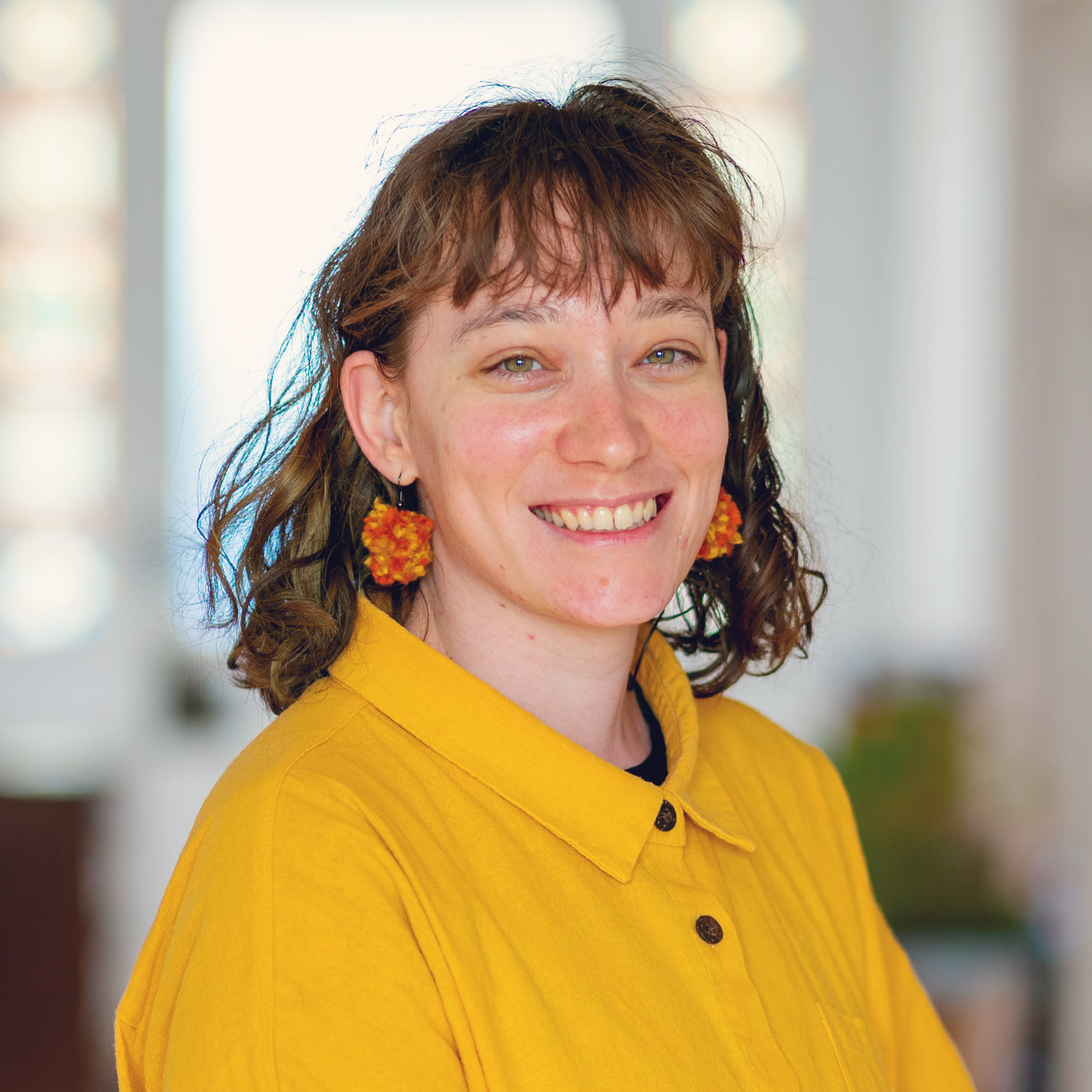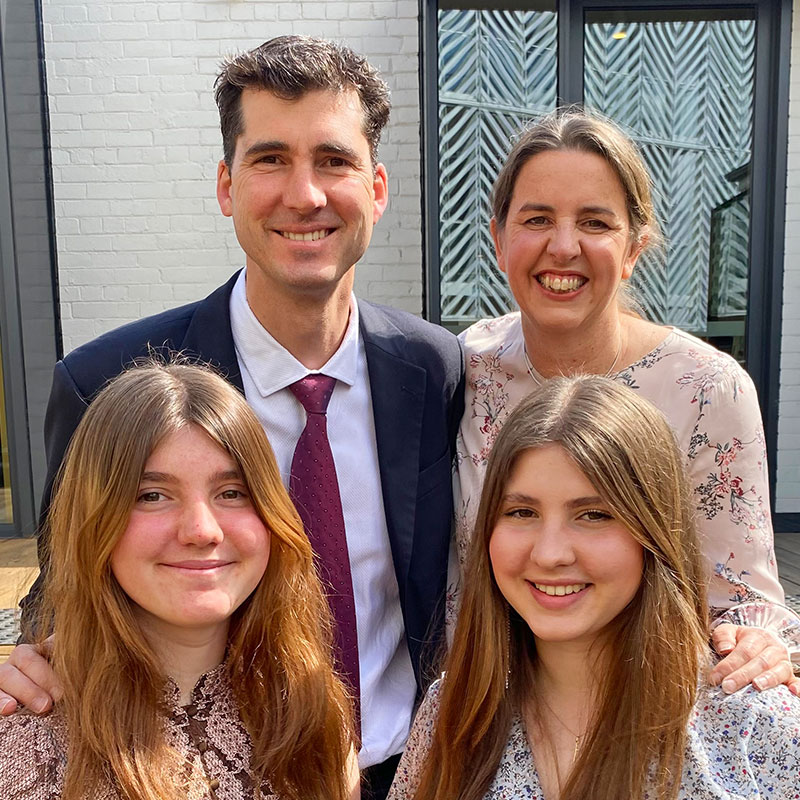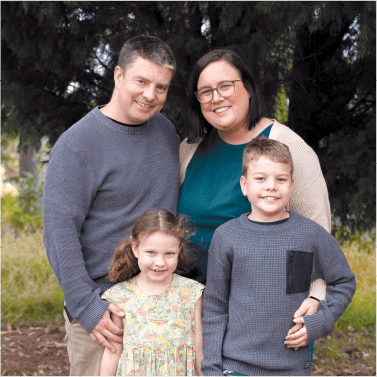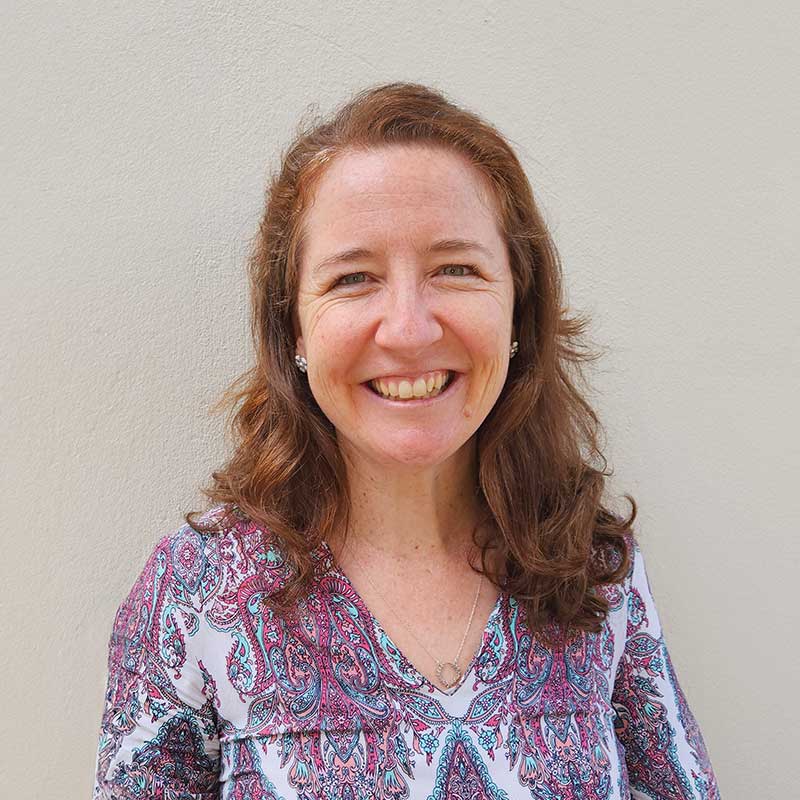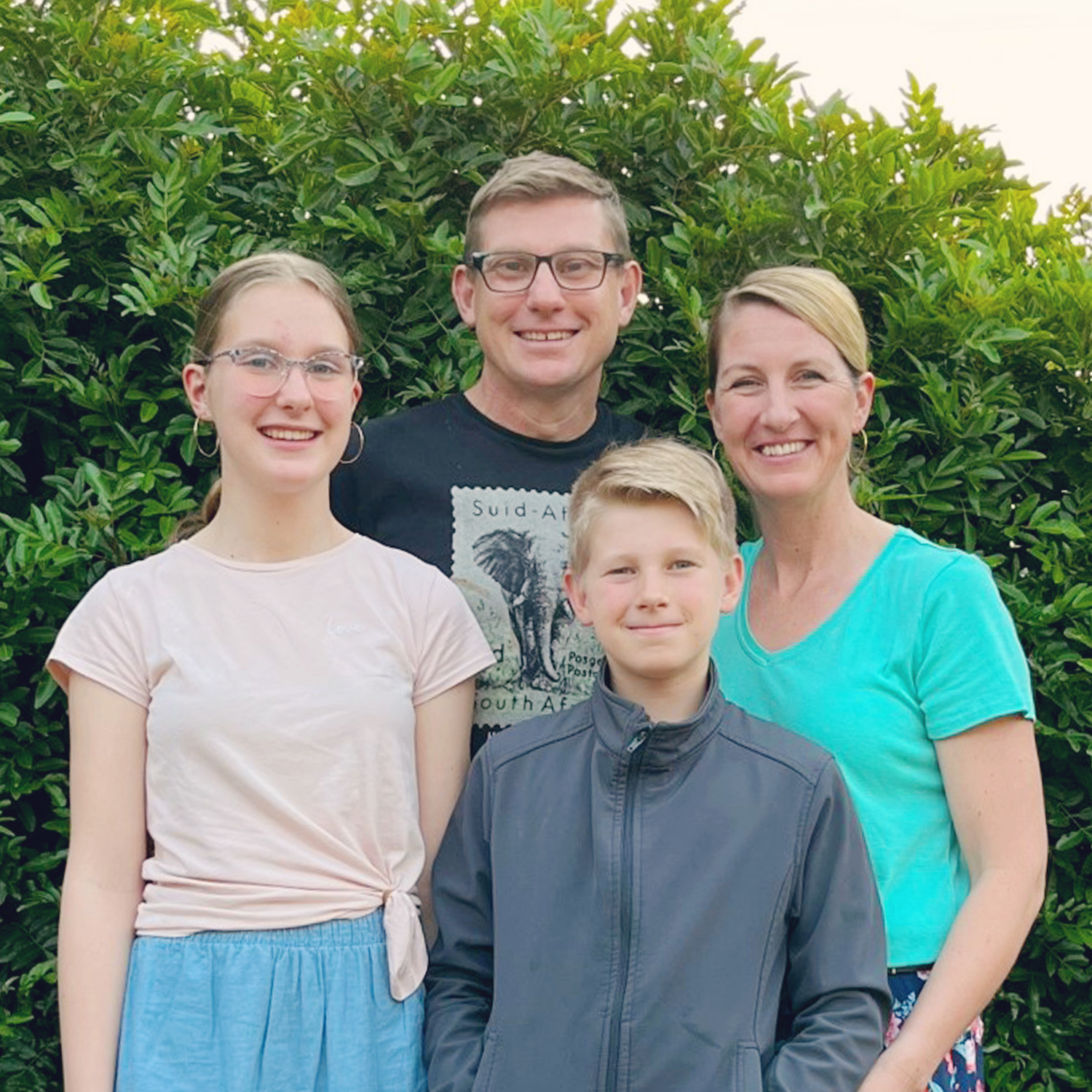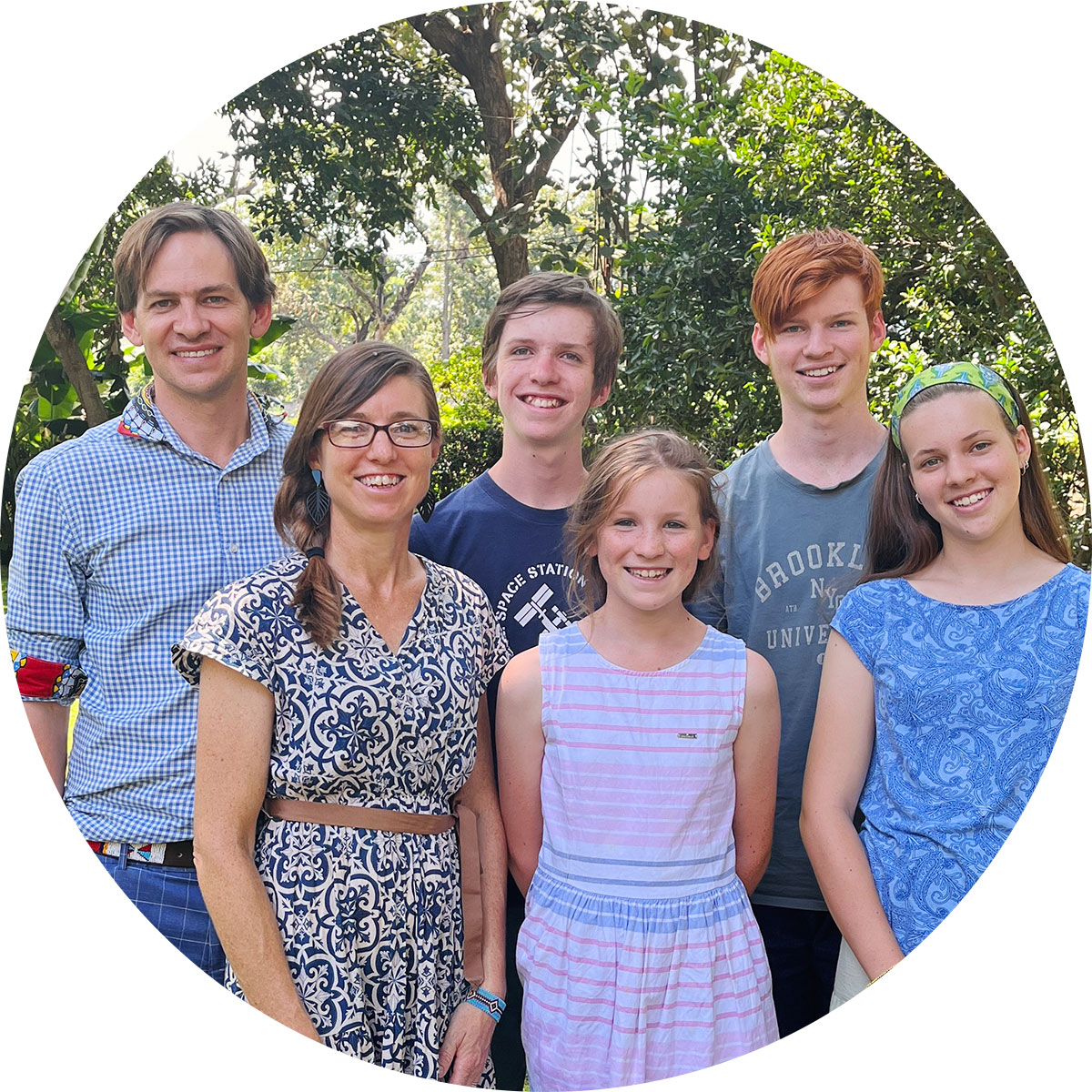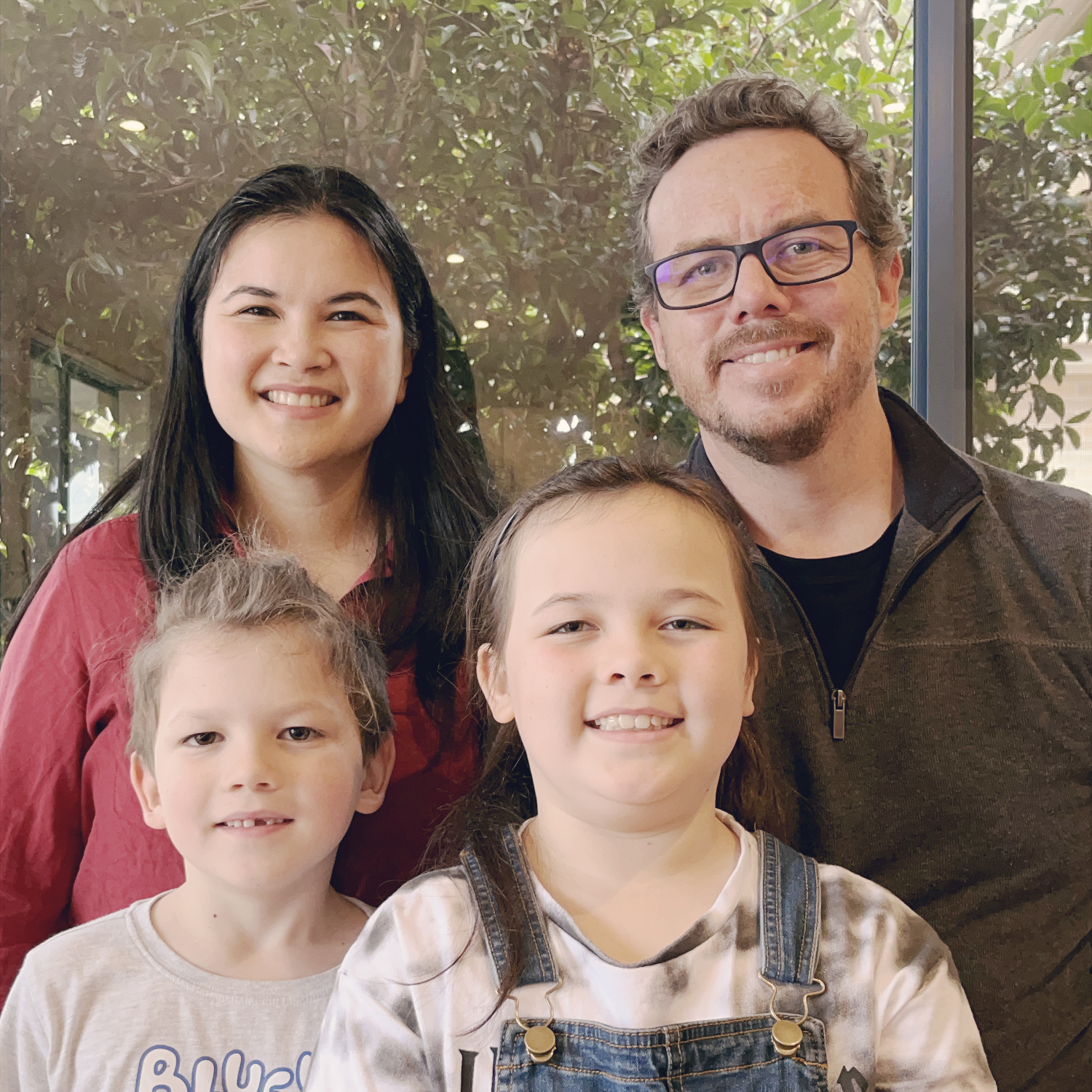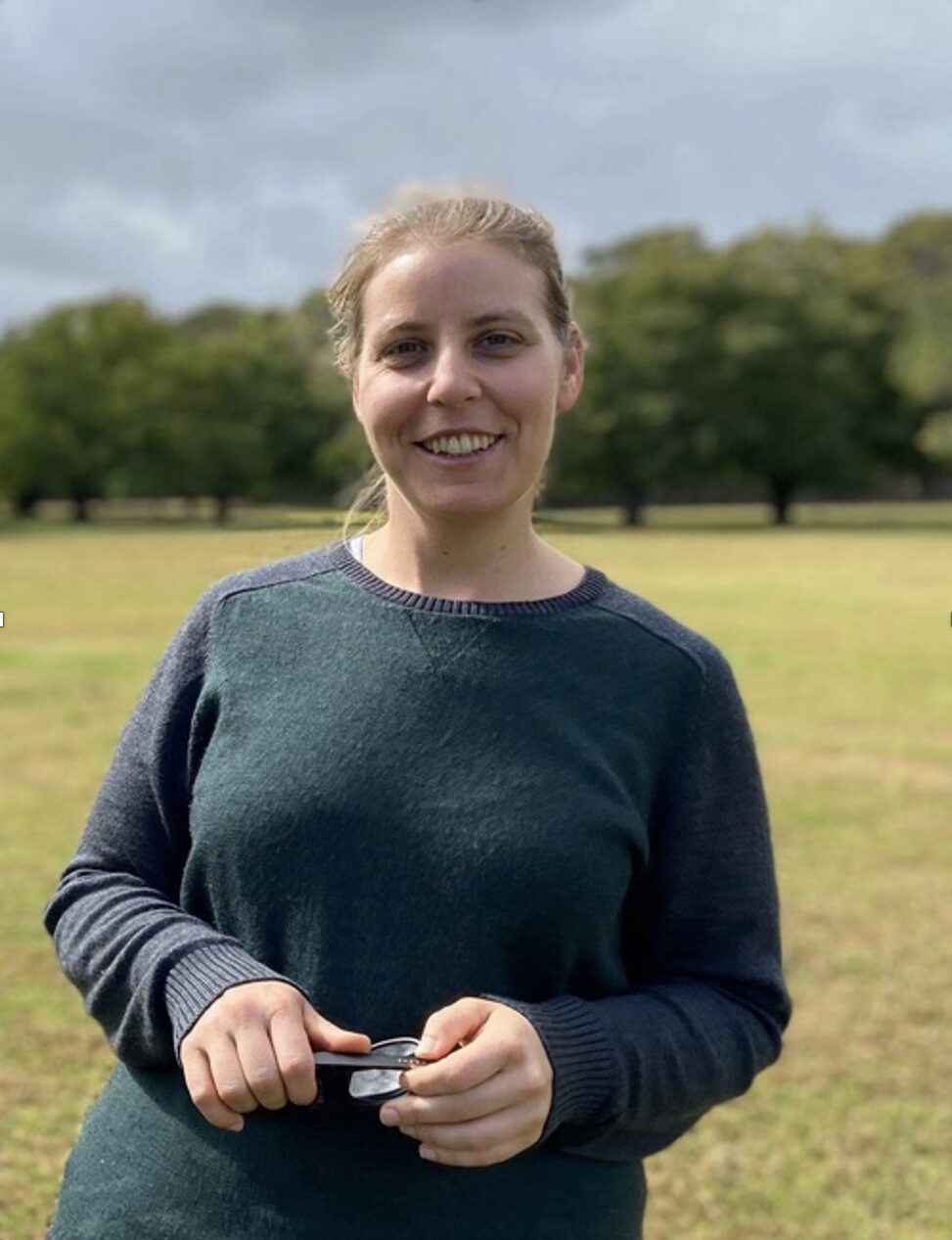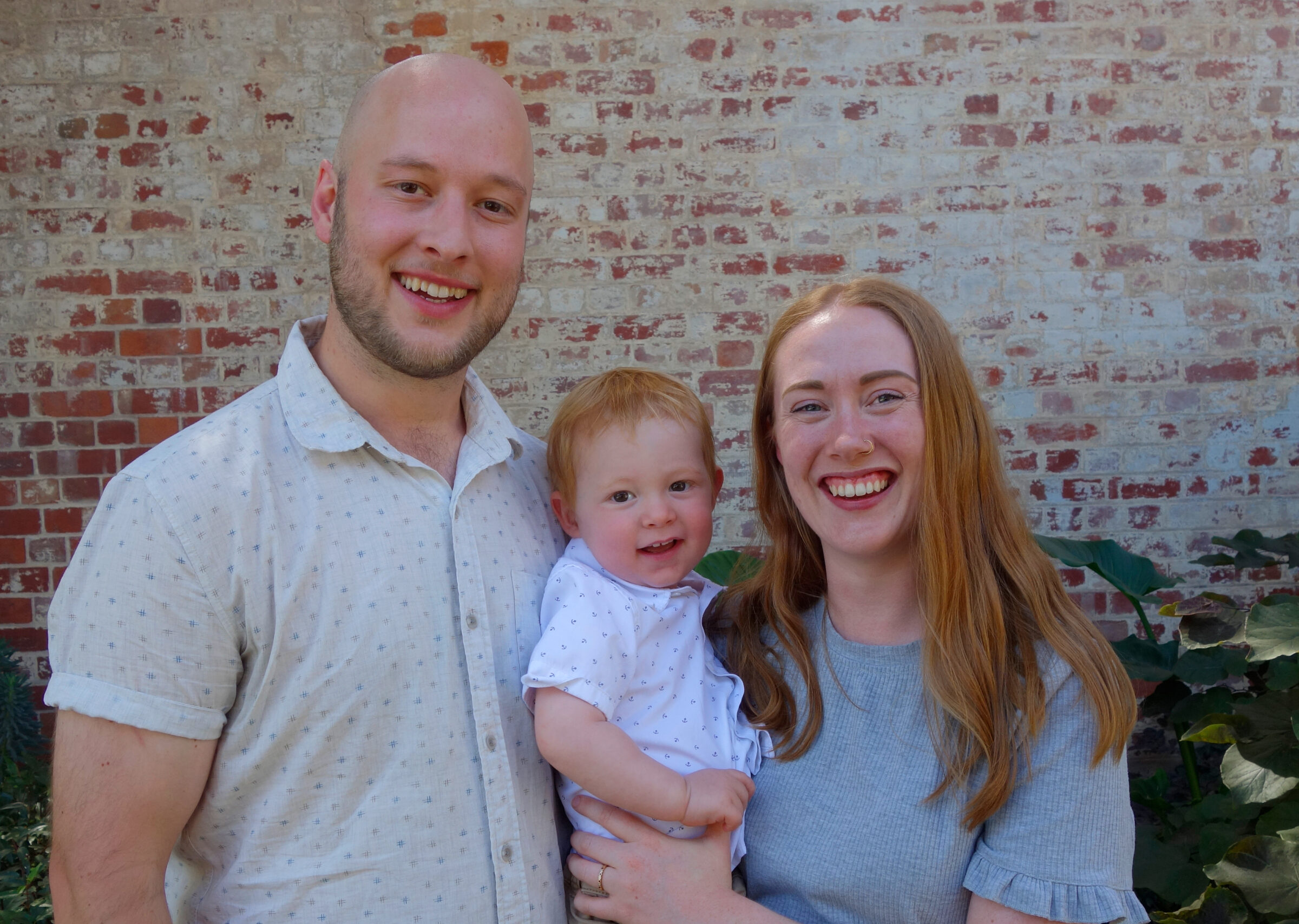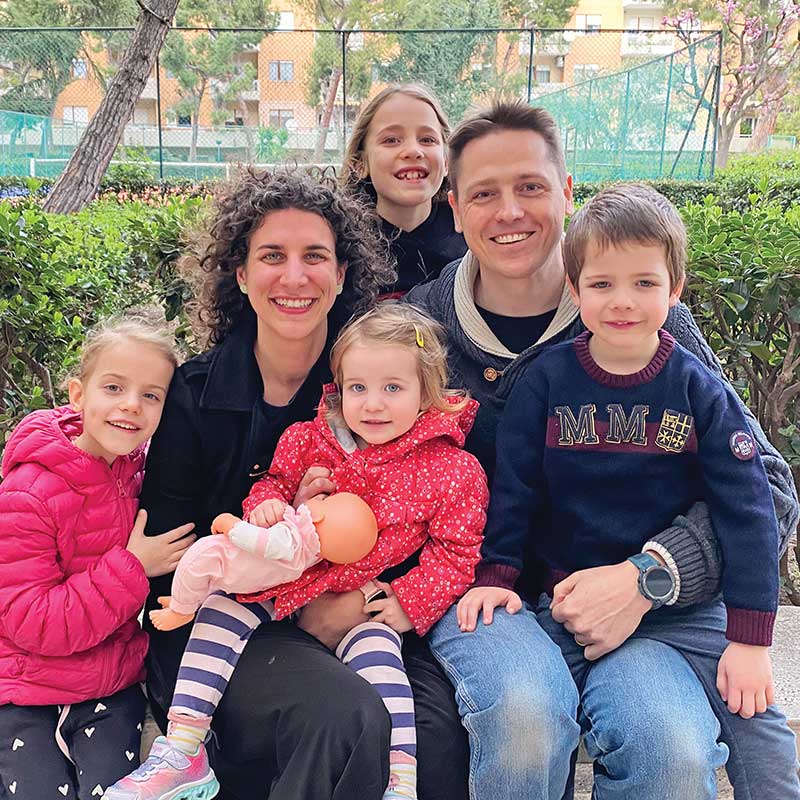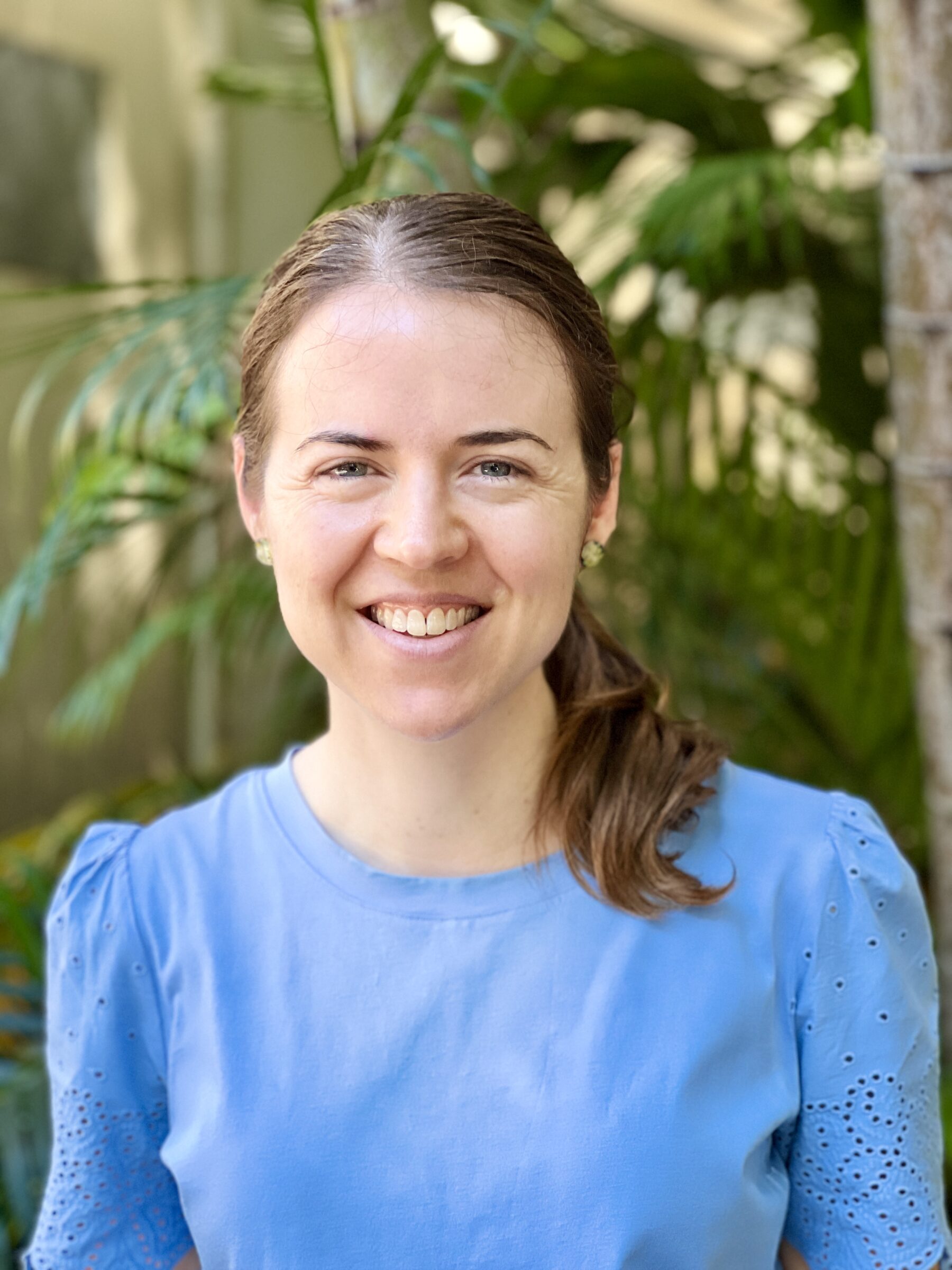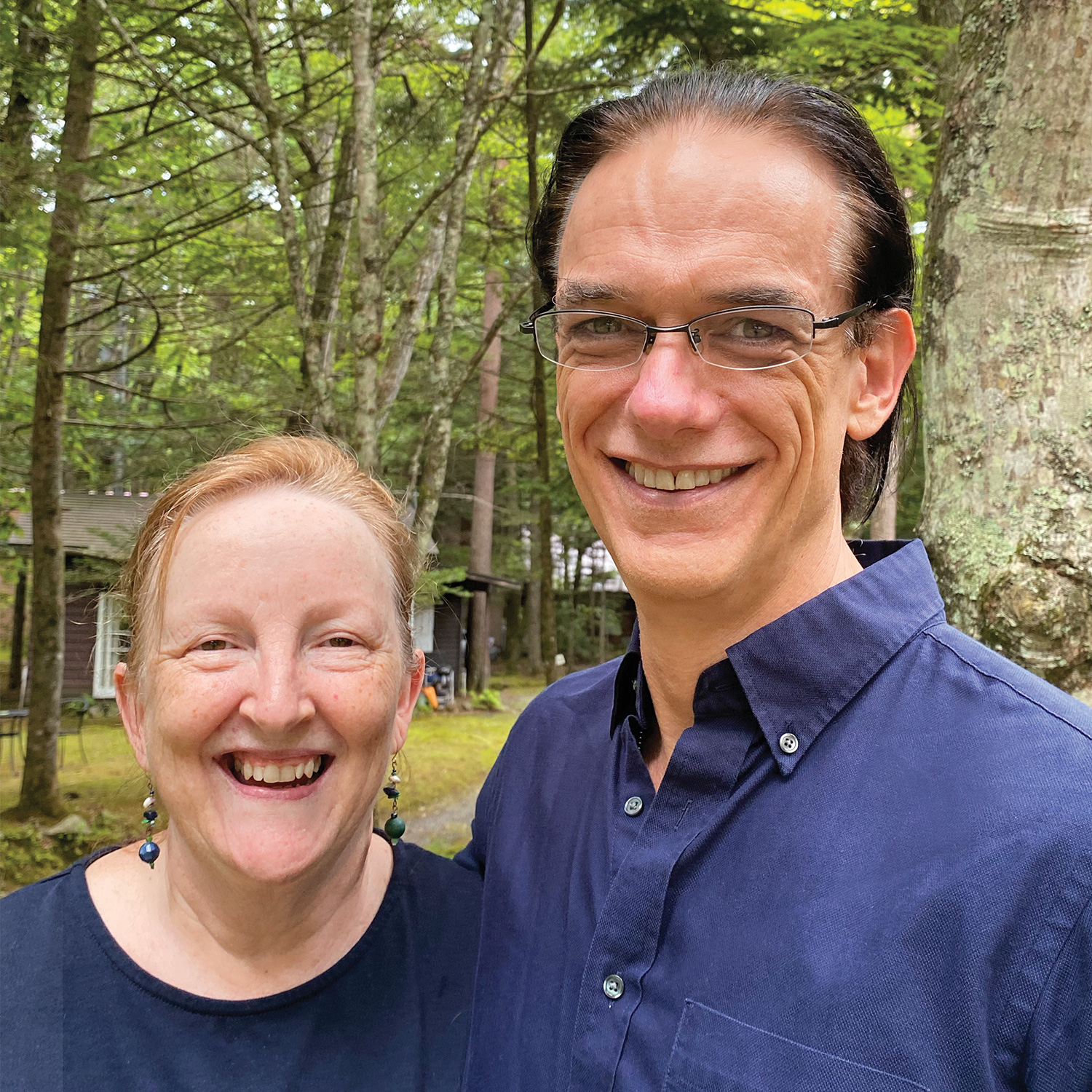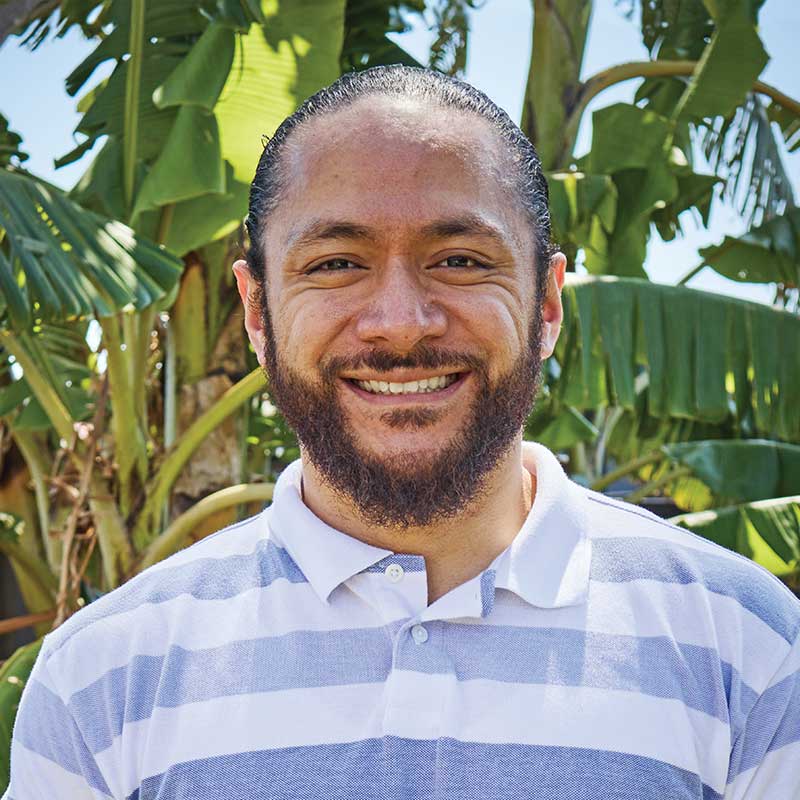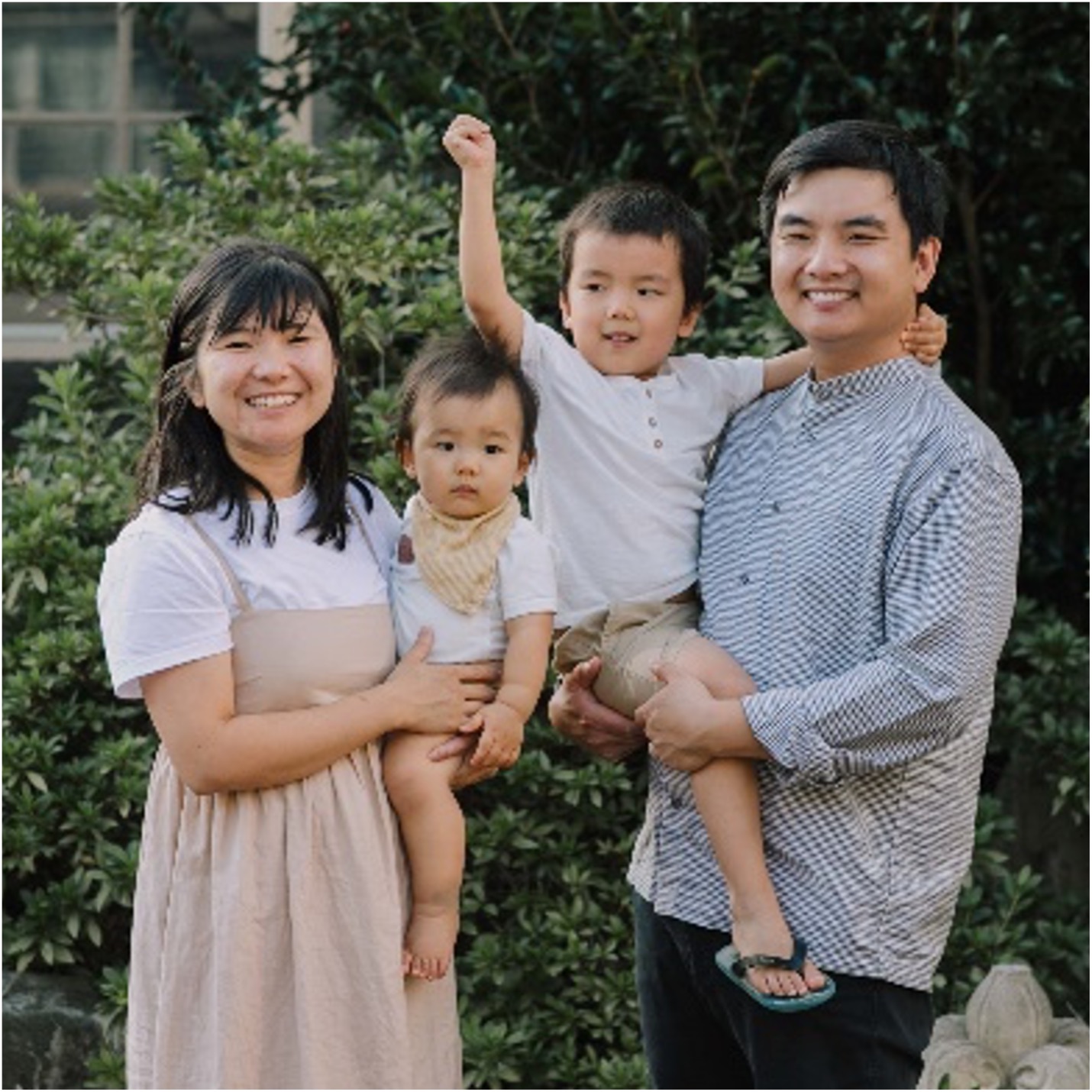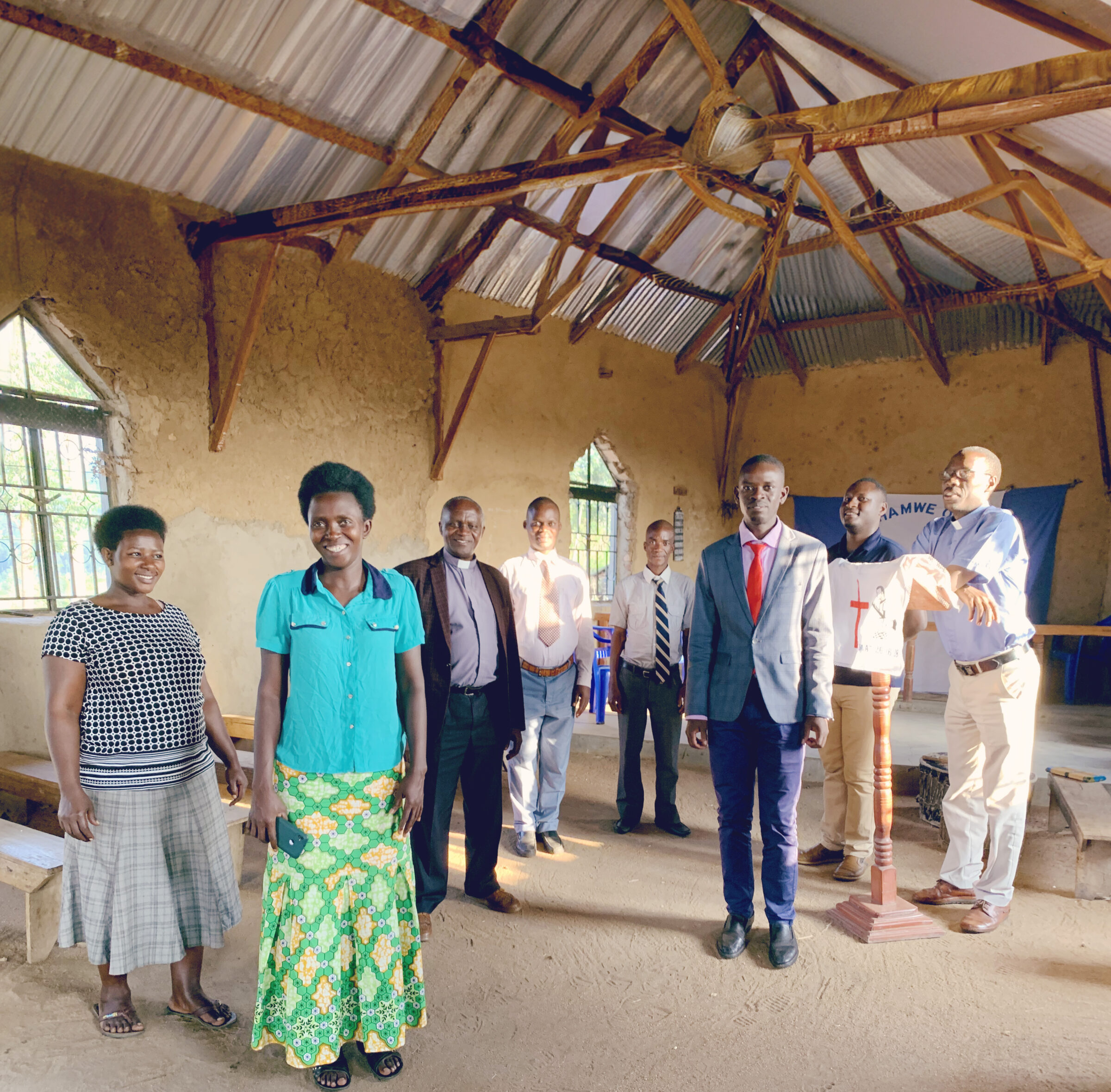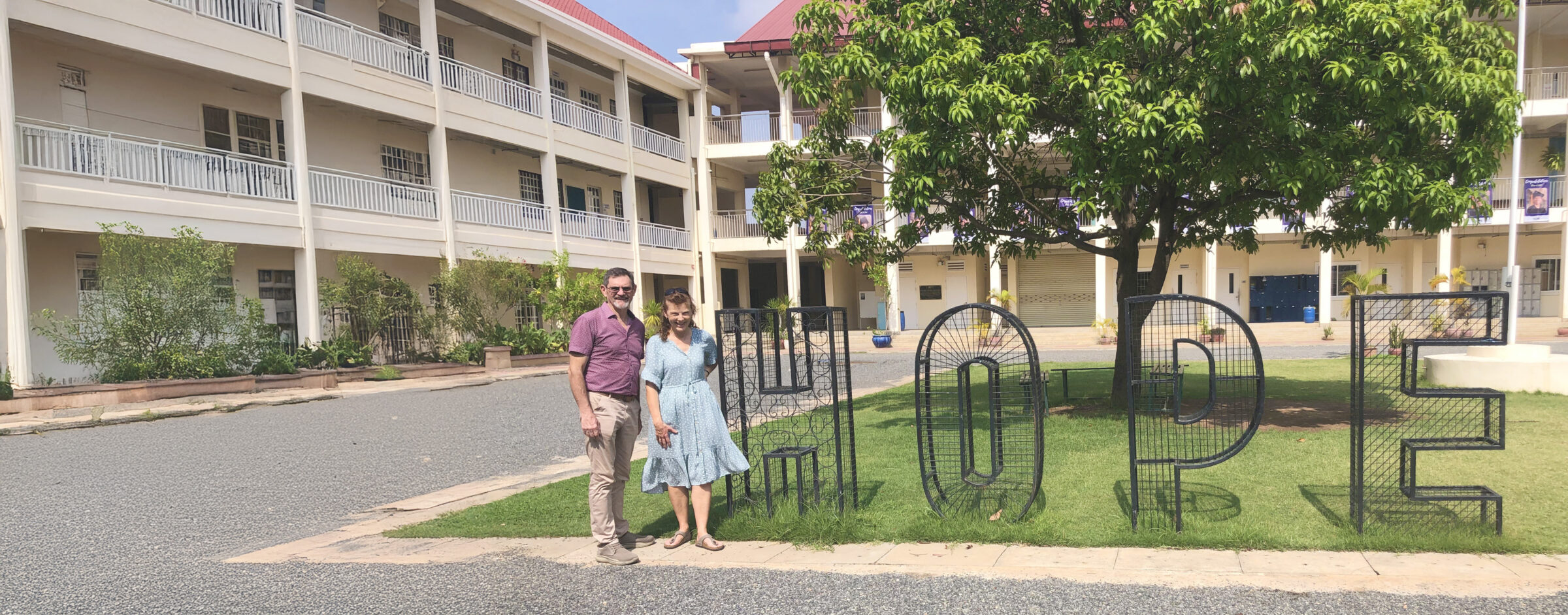From little things, big things grow
What do you do when your two small children triple the size of your church Sunday school just by turning up? CMS missionary Kate Morris began in a small way to bring God’s word to the little people God was bringing to their church.
Piercing notes of a child’s wails tore through parental chatter. A seven year old girl in Sunday School had lost her tooth! Twice! It had fallen out and then she had lost it. No tooth would mean no money from the Tooth Mouse (no magical visits from fancy fairies here in France, just a rodent snuffling around near your face while you sleep, in search of stray teeth to exchange for a coin). As I crawled around the Sunday school floor, (not unlike said mouse), searching for the tiny tooth, I wondered why anyone would be so thoughtless as to choose flooring the exact colour of teeth, and also, as the tooth was so tiny, why it even mattered?
However, I sometimes need to remind myself that in fact small things can be extremely significant: the SIM in my phone, the tiny drops of dye in my daughter’s pink (not red!) birthday cake, this precious tooth to a seven-year old. We know that size doesn’t indicate significance. Yet for ministry we can sometimes think that small means unimportant.
Begin in a small way
When we joined our church in Lille, France, there was only one non high-school aged child, a three-year old. At the time our family had a four-year old and a baby. Each week I started taking my little ones and the three-year old out to the crèche room to play and have a Bible lesson.
Soon, a family with two children and a baby joined. They were pleased to find a church which offered something for under high-school agers. We had been in France for less than two years. I was sharply conscious that the holes in my language meant surely I wasn’t the best person to be teaching. But there was no other teacher! The group was small, the children were small and I felt small.
As time went by, there was growth. The babies grew into children; more children joined. Some were regular, some regularly irregular. Eventually, the group could be up to 15 children under 10. It’s also common for visitors to send their children to Sunday school. This is an important opportunity because religious education is banned in public schools in France, so it is a great way to reach school-aged children with the gospel.
“We looked at the Bible and found that children are precious creations, sinners, pardoned if they trust in Christ…who are capable of repenting, maturing, praying, edifying and evangelising others.”
Each week a member of the church came to Sunday school to help me wrangle growing numbers. Several said they’d never seen this kind of teaching for this age group. It was nothing fancy: we read the Bible, sang, prayed, played, and did activities. We learnt about the very real relationship God offers small people, just as much as he offers it to big people. A few people expressed interest in helping teach, but it was hard to get anyone to actually begin. I felt the weight of shouldering the teaching on my own and could see that the church generally viewed Sunday school as child-minding so that the adults could learn without interruption.
Prayer brings an unexpected solution
As I continued to teach every week, our prayer partners in Australia were praying for us and our church, and God was at work behind the scenes, creating a solution I didn’t see coming.
A church member suggested to the church council that it should include children in the church vision statement. The council discussed it and acknowledged that children were not just a concern of parents, but of the whole church. They asked me to team with this church member and do something.
We decided to run a special Bible study instead of the sermon one Sunday, and then offer an after-church seminar. Most of the church attended the entire day, which was a huge encouragement. We looked at the Bible and found that children are precious creations, sinners, pardoned if they trust in Christ, who should strive to walk in a manner worthy of him, and who are capable of repenting, maturing, praying, edifying and evangelising others.
We also looked to the Bible to examine the responsibilities of parents and the church to children, and how the church can help parents in their role as the primary teachers of their own children. We considered the needs of the children who are in contact with the church. Since then, it’s been exciting to hear many ideas from people in the church about how to better love, care for and include children. The whole church has really taken this on!
Looking to the future
Following this, the church council appointed a woman to oversee the administration of ministry for those up to 18 years old. She is a gift from God! She challenged several members of the church to join a teaching team and she ended up with enough teachers to split our group in two! Youpi! (as the French say). Last September, when the academic year started, we had a group for 0-4 year olds and a group for 5-10 year olds. Most of the teachers haven’t taught before (but they are solid Christians, fear not, we want the best for our precious little ones), so I have the pleasure of training them.
These children, the group itself, and I, have grown significantly since our small beginnings. I’ve seen that God doesn’t look away from small things, but sees their worth and uses them for his glory. Sometimes God chooses to grow small things. Sometimes he doesn’t. That’s ok. We remember that small things are valuable not just because of their potential to be more, but because they are valuable as they are. And so, like a Tooth Mouse seeing the value in a tiny stray tooth, we joyfully embrace the small things in ministry.
Pray
God answered the prayers of CMS supporters for Kate’s ministry to kids. When you read of a missionary facing particular issue or opportunity, bring it before God for thanks or prayer.


